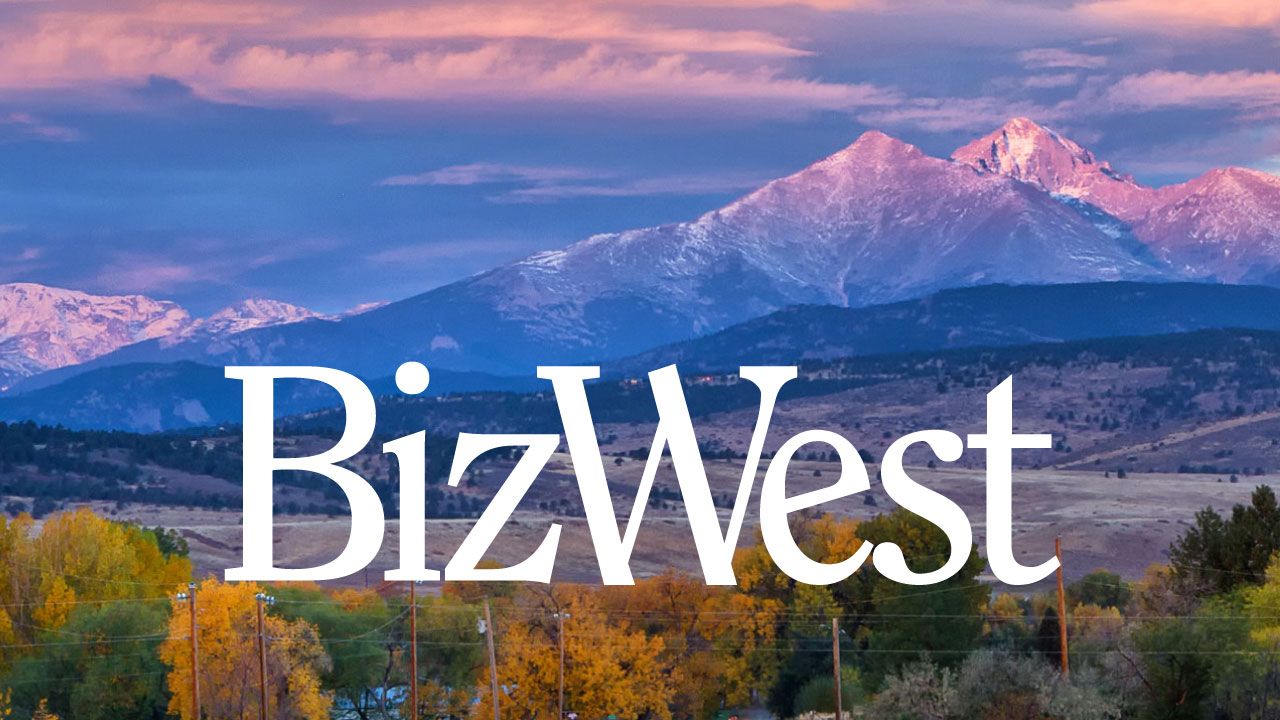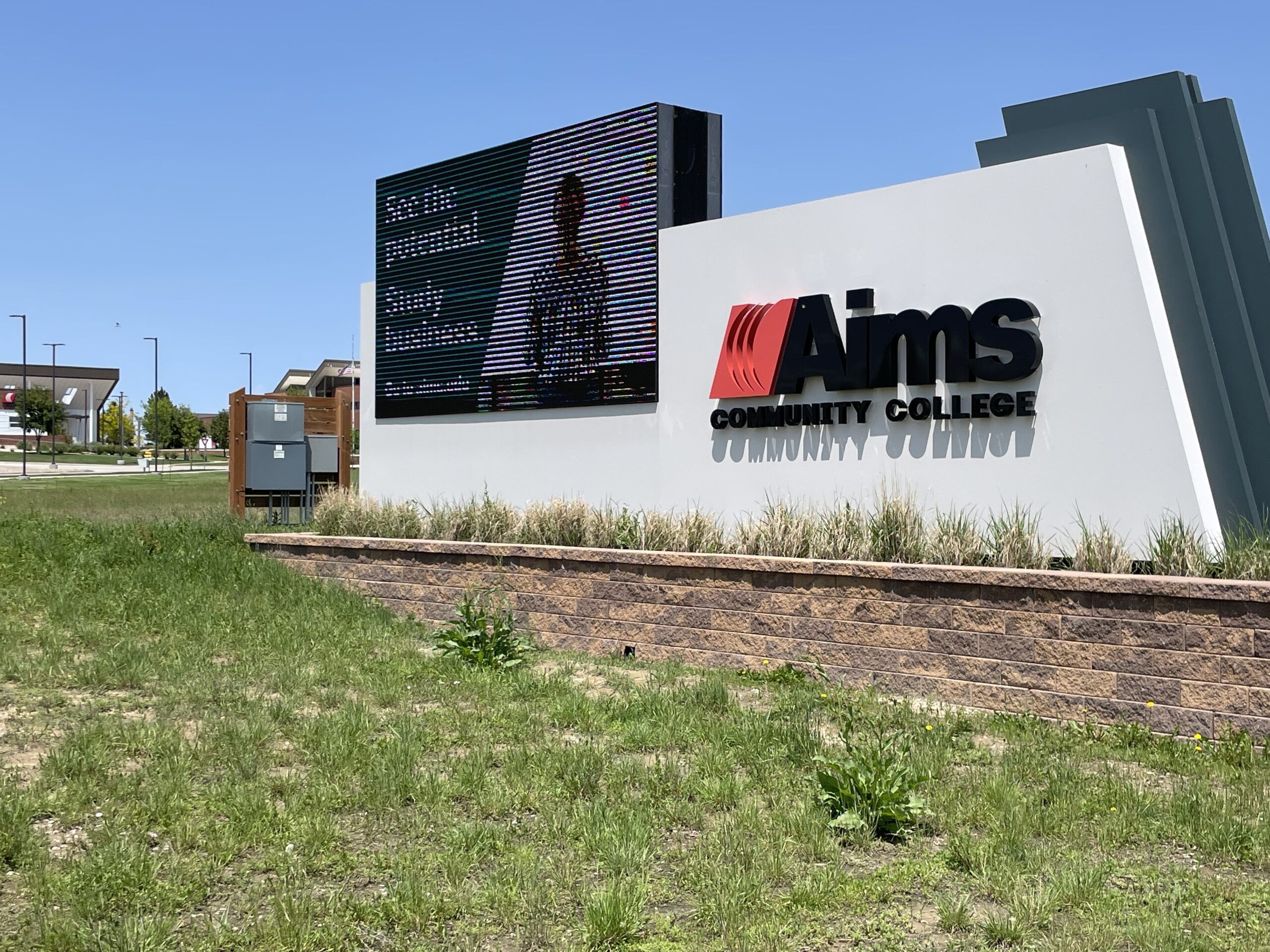Amundson: Newspaper economics: Readers pay more to support community news
I saw someone on Facebook grousing about having to pay for articles that appear on their local newspaper website. Someone else responded with an analogy that asking for reporter work product for free is like asking the grocery store to provide its merchandise for free.
The first poster didn’t agree that the two were the same.
I thought about responding but chose not to get into a Facebook spitting [insert your own colorful adjective here] match. You can likely predict where I stand on this issue anyway as someone who has worked decades in the newspaper industry — an industry that barely resembles on the business side what it was when I got my start.
I might have used a different analogy, with news stories and information as a service. I don’t mess with fixing electrical problems. I don’t know enough about it nor do I have time to research and figure it out for myself. So I pay someone to do that work for me.
SPONSORED CONTENT
The same can be said about newspaper reporting. Very few people have the time to attend or monitor every city council meeting in their community, every board of commissioners meeting, every school board meeting. Nor do they have the time or likely intense enough interest to attend even the major sporting events in their town. They want someone else to do that and to provide that information.
Is paying for it out of the question?
Several years back, I worked with an organization that generated about $10 million in revenue — 90% from advertising and the remainder from subscribers. We had a news gathering budget of about $1 million. We had about 30 people on the news staff and about 100 people total, including news, in the operation handling sales, production, and delivery issues. After newsprint, ink, bindery, labeling, delivery and capital costs, the owners generated a profit. Those owners were quite generous with the community and didn’t hesitate most of the time to support nonprofits and community activities financially. They were content with dropping a small percentage to the bottom line, although admittedly there were companies at that time without the same community connectedness that took the profits and ran.
Times changed
Advertising models that supported news operations are drastically different today than they were. News staff numbers were reduced. More of the cost of operations had to be shifted to readers if those readers had any chance of having anyone there to gather news and report it. Paying more has been a tough pill to swallow for readers, who had come to expect far more from the [larger] news staffs who previously reported things.
The solution? Well that’s the question that has yet to be answered, but it’s fairly clear from what we know now that financial models depend upon readers helping support the institution that provides the news. And recognizing the value in doing that.
We know from numerous studies that news deserts result in negative consequences for communities. A Pew study concluded, “when a local newspaper dies, evidence shows civic engagement decreases, elected officials are less accountable, corruption is more pervasive and voter participation drops and becomes more polarized.” Public officials are more likely to increase taxes or rates or public employee salaries when no one is watching.
Communities need an independent source for news coverage, whether that source delivers on paper or online. Paying a few cents a day for that seems, well, patriotic if nothing else.
Ken Amundson is managing editor of BizWest and a former newspaper professional at daily newspapers around the country. He can be reached at
kamundson@bizwest.com
I saw someone on Facebook grousing about having to pay for articles that appear on their local newspaper website. Someone else responded with an analogy that asking for reporter work product for free is like asking the grocery store to provide its merchandise for free.
The first poster didn’t agree that the two were the same.
I thought about responding but chose not to get into a Facebook spitting [insert your own colorful adjective here] match. You can likely predict where I stand on this issue anyway as someone who has worked decades in the newspaper industry — an industry that barely…



